Sky high tuition fees, a seemingly endless housing crisis, Brexit, social media, online dating…
It is little wonder young people today are feeling unhappier than they have in almost a decade.
Research by the Prince’s Trust indicates that millennials are at their lowest levels of confidence and emotional health since 2009. The main reason? Not only are they being inundated with setbacks in their personal lives, work lives and education, but they also believe they lack the tools necessary to cope with failures.
Over half of the 16-to-25-year-olds surveyed said they lacked confidence and self-belief, while 59 per cent felt they needed opportunities to develop workplace skills before they start thinking about career options.
Read more: Natural anti-depressants to lift your mood
Discover: Natural Anti Depressants
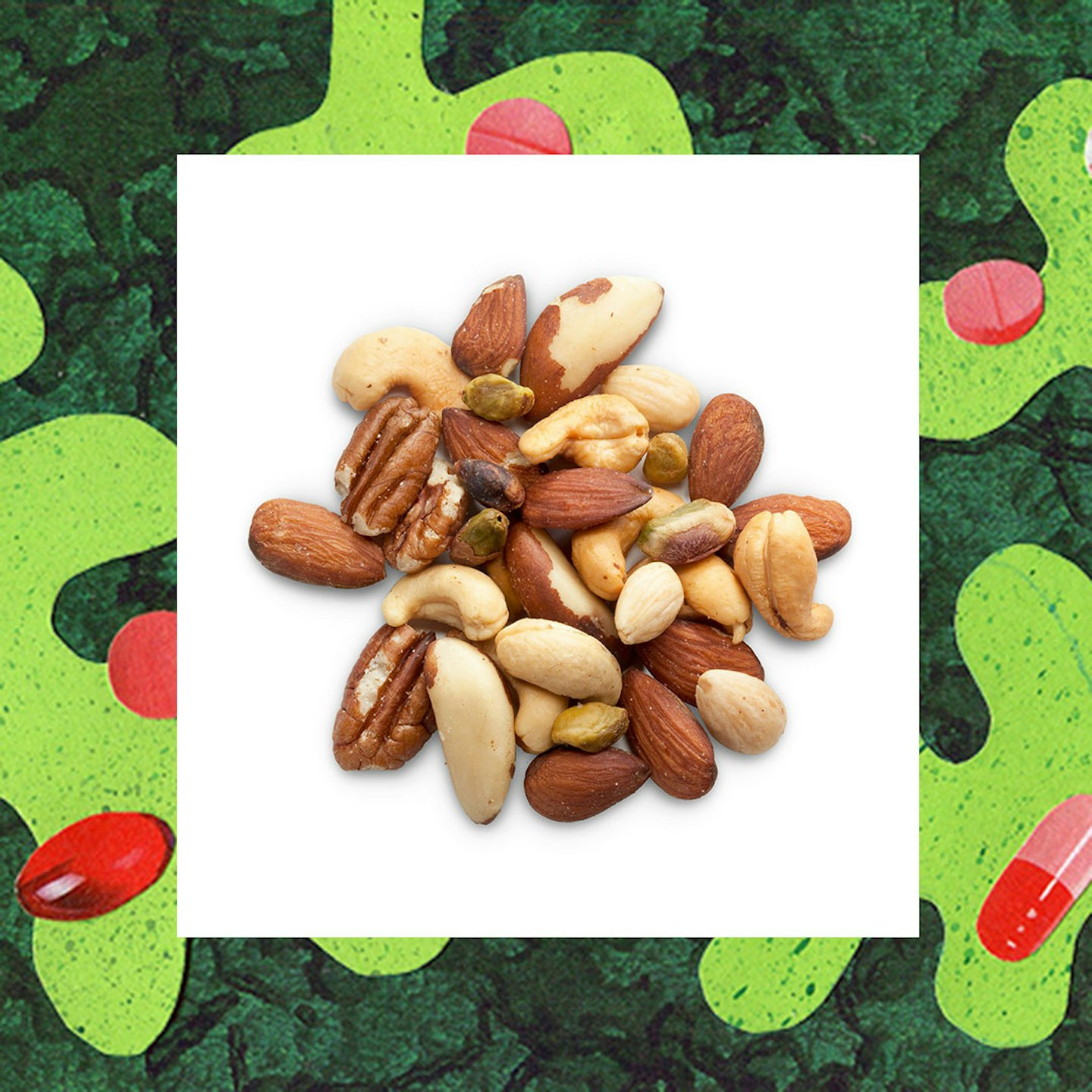 1 of 11
1 of 11Omega 3
Omega-3 fatty acids are essential minerals which reduce inflammation and are vital to brain functions such as mood and memory. Your body doesn't produce them naturally so you can only get them in you via food (like fish, nuts and seeds) or dietary supplements.
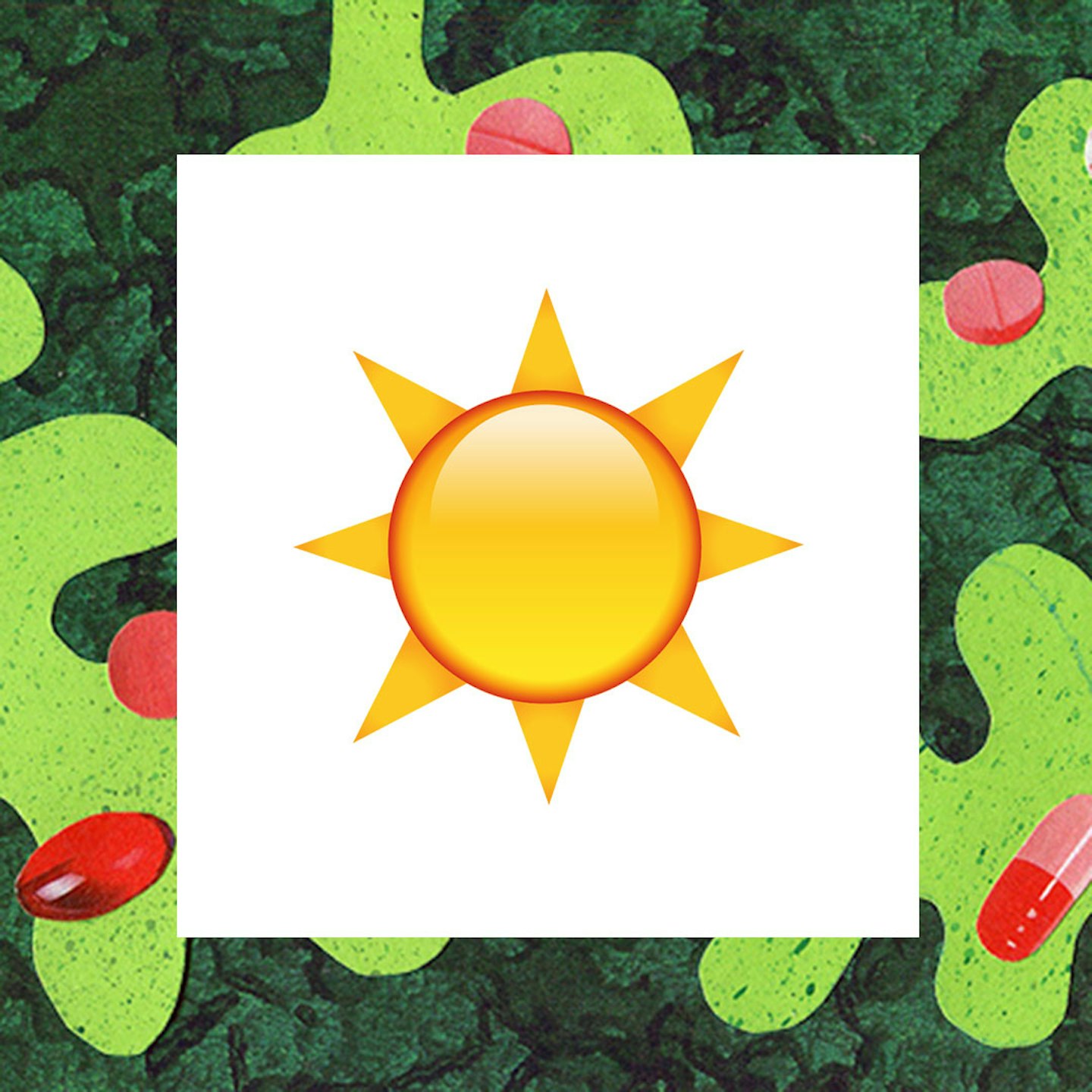 2 of 11
2 of 11Vitamin D
In addition to bone health, Vitamin D can play a vital role in the areas of the brain that are linked to the development of depression and other mental health problems.
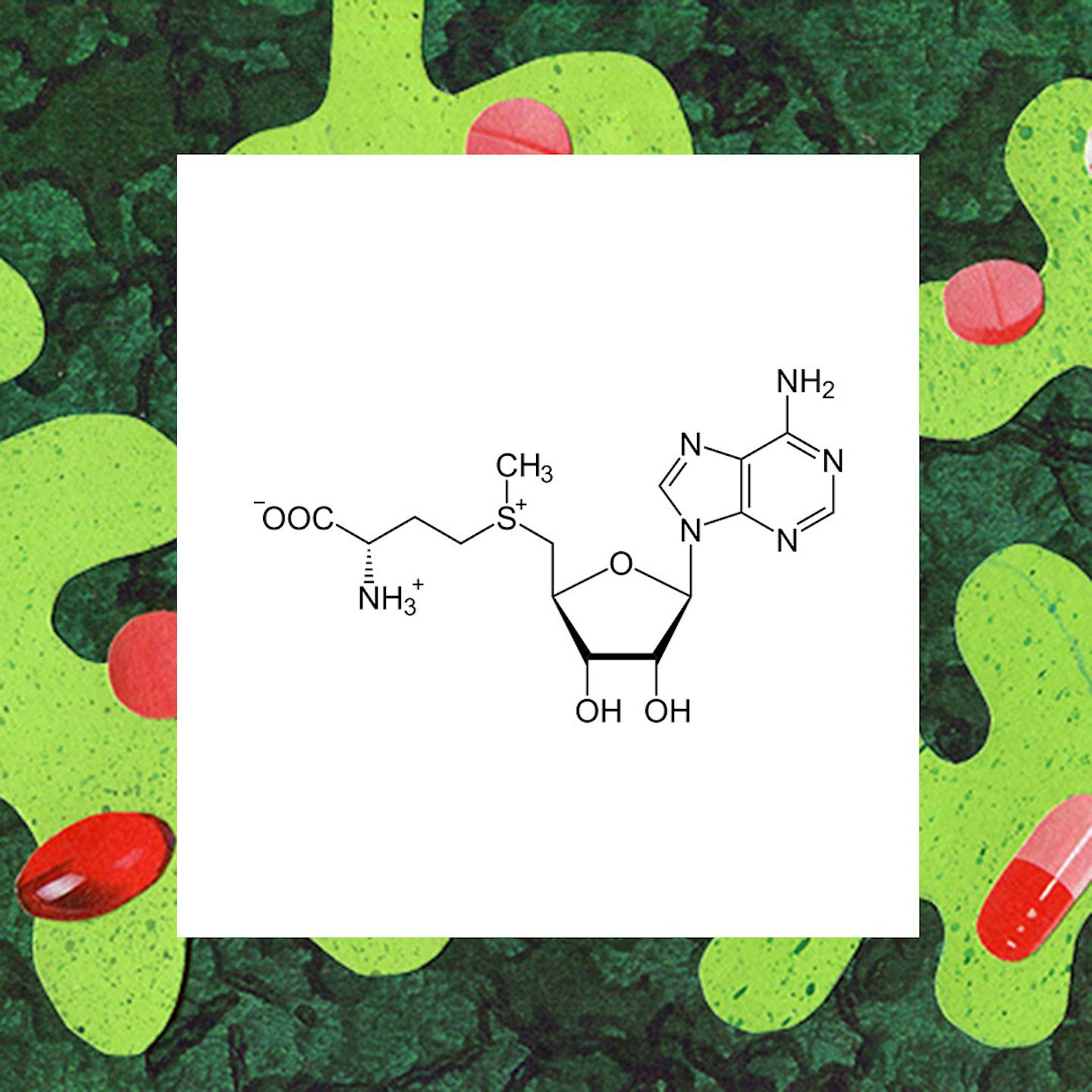 3 of 11
3 of 11S Adenosylemthionine
SAMeis a molecule that the body naturally forms and is available as a dietary supplement. In addition to depression and anxiety, it can be used for many other conditions including heart disease, fibromyalgia, tendonitis and many more. It is also recommended for PMS. It works by making sure that chemicals in the body that play a role in pain, depression, liver disease, and other conditions, actually do their job.
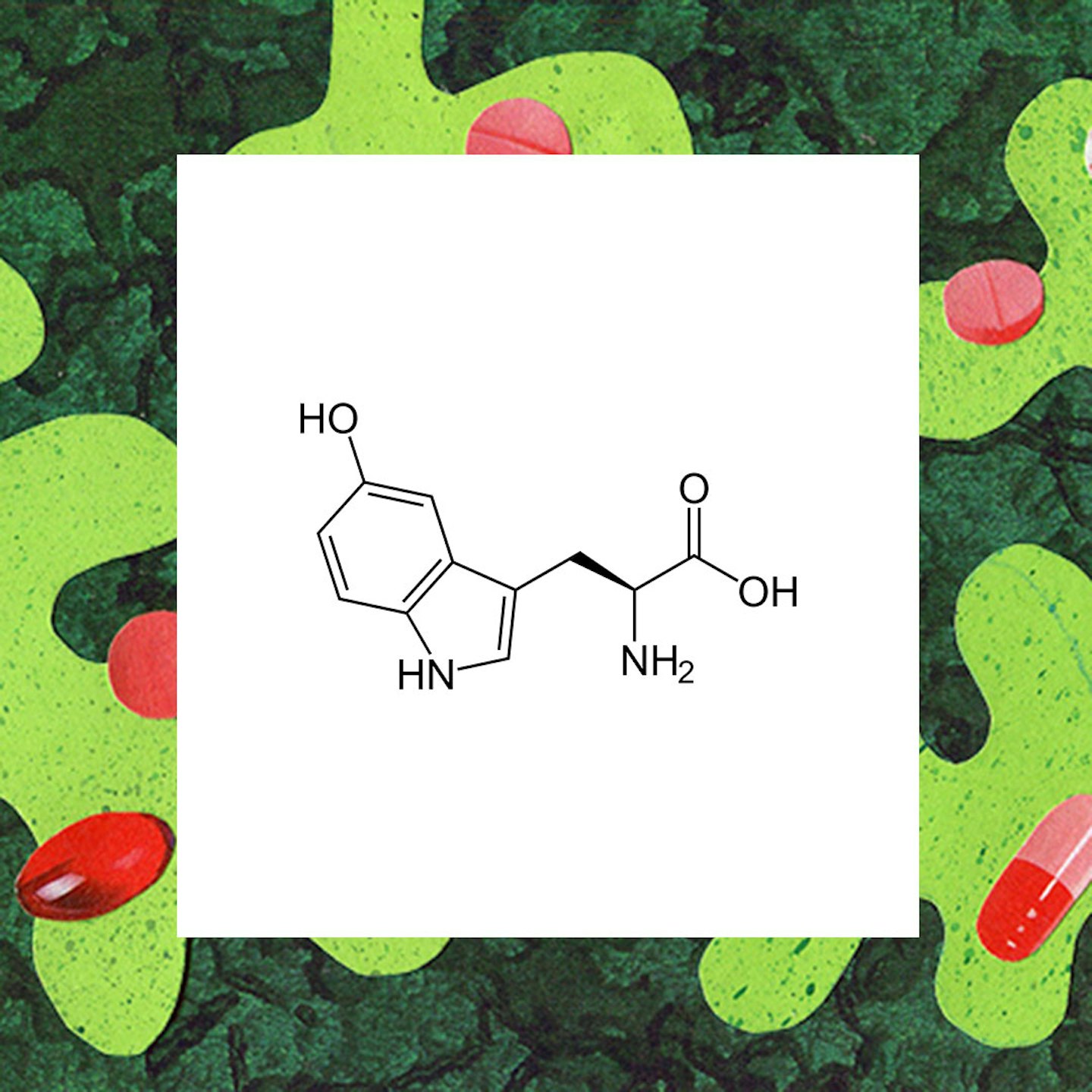 4 of 11
4 of 115-Hydroxytryptophan (5-HTP)
Like SAMe,5-HTP is also a chemical (an essential amino acid) that the body makes naturally. It works by helping to raise the serotonin (the happy hormone) levels in the brain. 5-HTP has been known to have a positive effect on sleep, mood, anxiety, appetite, and pain.
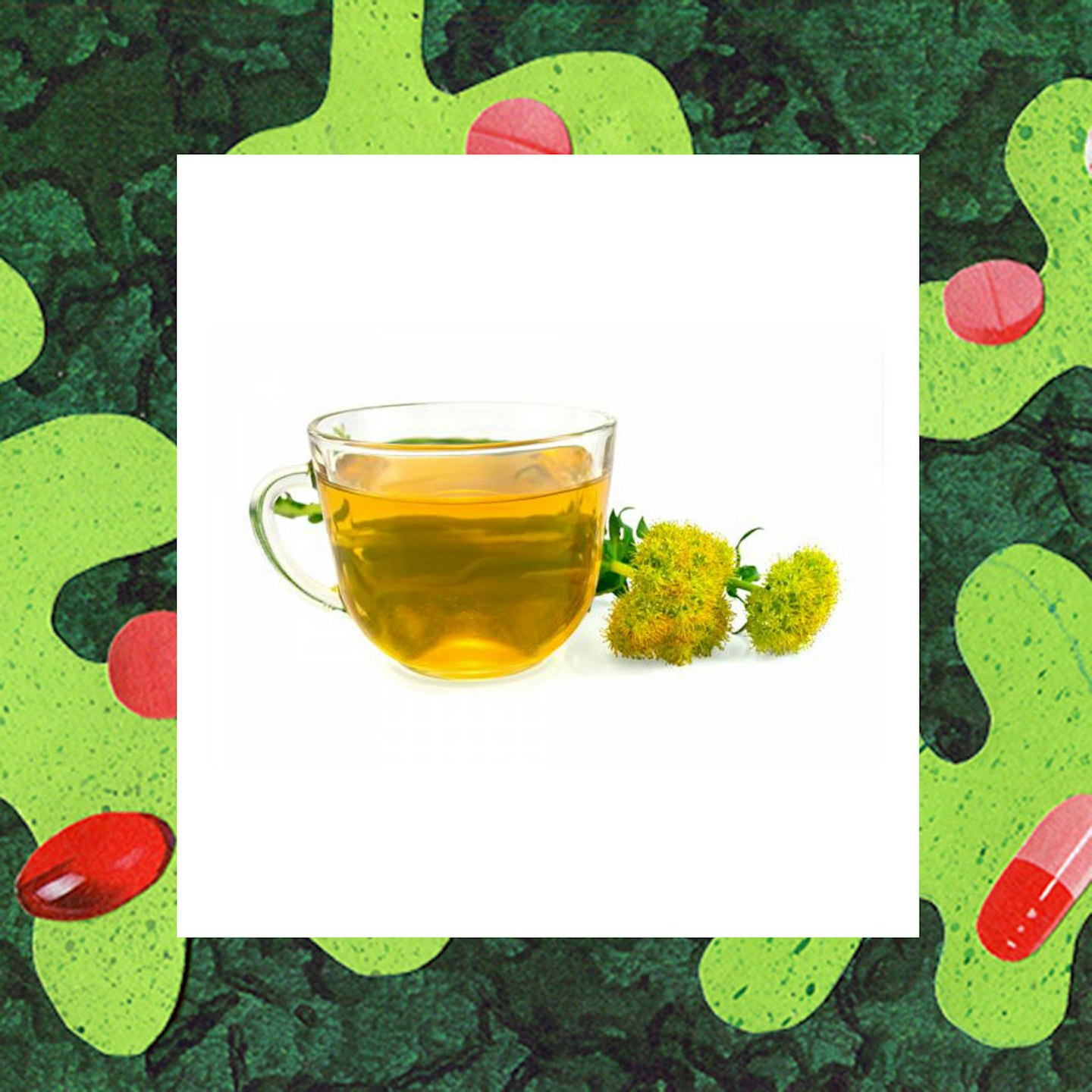 5 of 11
5 of 11Roseroot Herb
A study conducted on whether the Rhodiola Rosea (Roseroot) herb was effective for depression showed that it was almost as effective as the popular antidepressant, Sertraline (Zoloft), but with fewer side effects. The herb boasts strengthening the nervous system, fighting depression, enhancing the immune system and memory, elevating stamina, aiding in weight-loss and increasing sexual function.
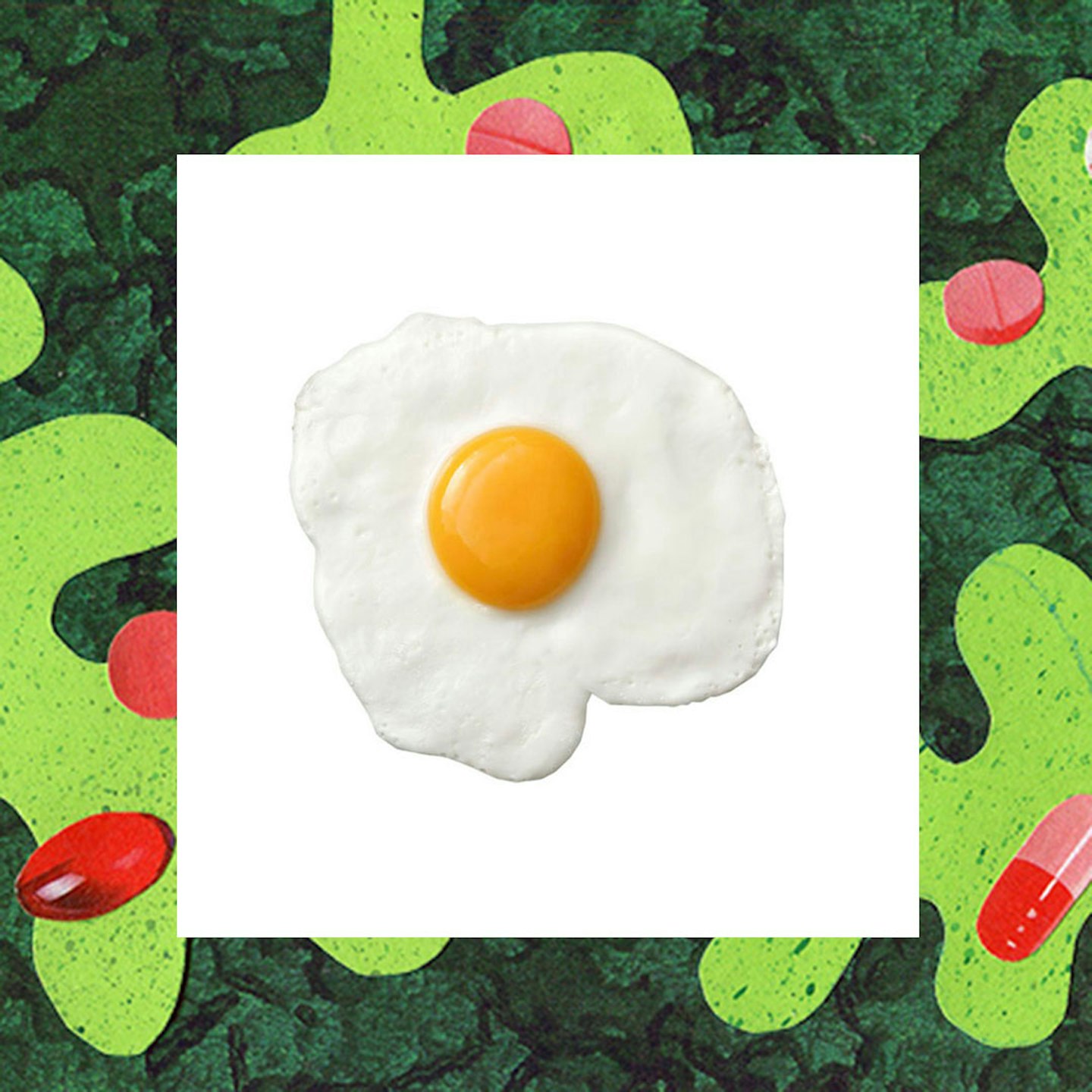 6 of 11
6 of 11Iron
A lot of adults, especially women, suffer from iron deficiency, and guess what? Iron deficiency symptoms are pretty similar to depression symptoms, i.e. fatigue, irritability, and foggy brain. The recommended daily iron allowance in adults is roughly 8 to 18 mg daily (check with your doctor though because everyone's number is different).
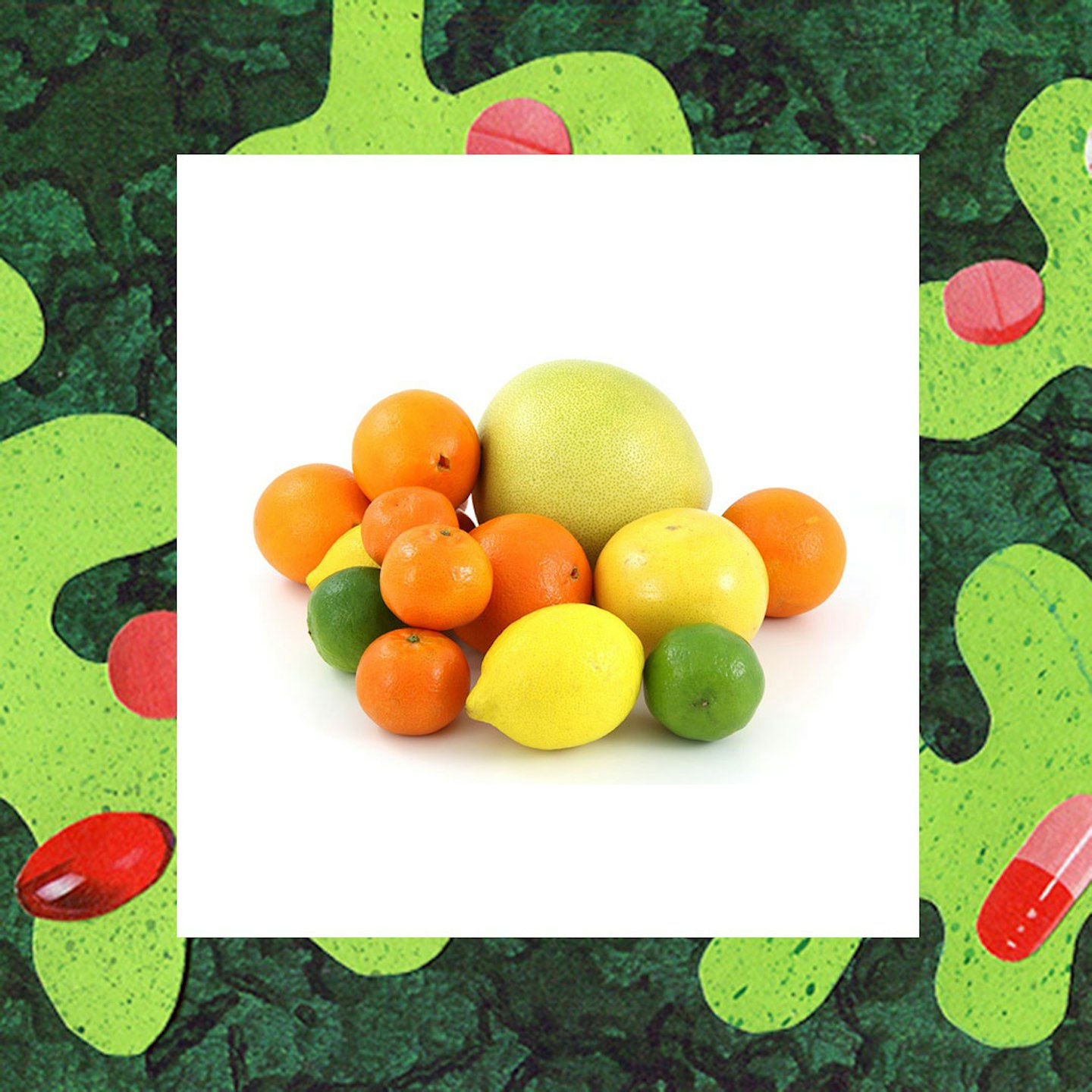 7 of 11
7 of 11Folate
If you don't have enough folate, antidepressants may not work. Some docs prescribe folate along with antidepressants to treat depression and improve the effectiveness the medication. Most adults need at least 0.4mg daily, which you can though food including dark leafy greens, beans and citrus fruit, or as a supplement.
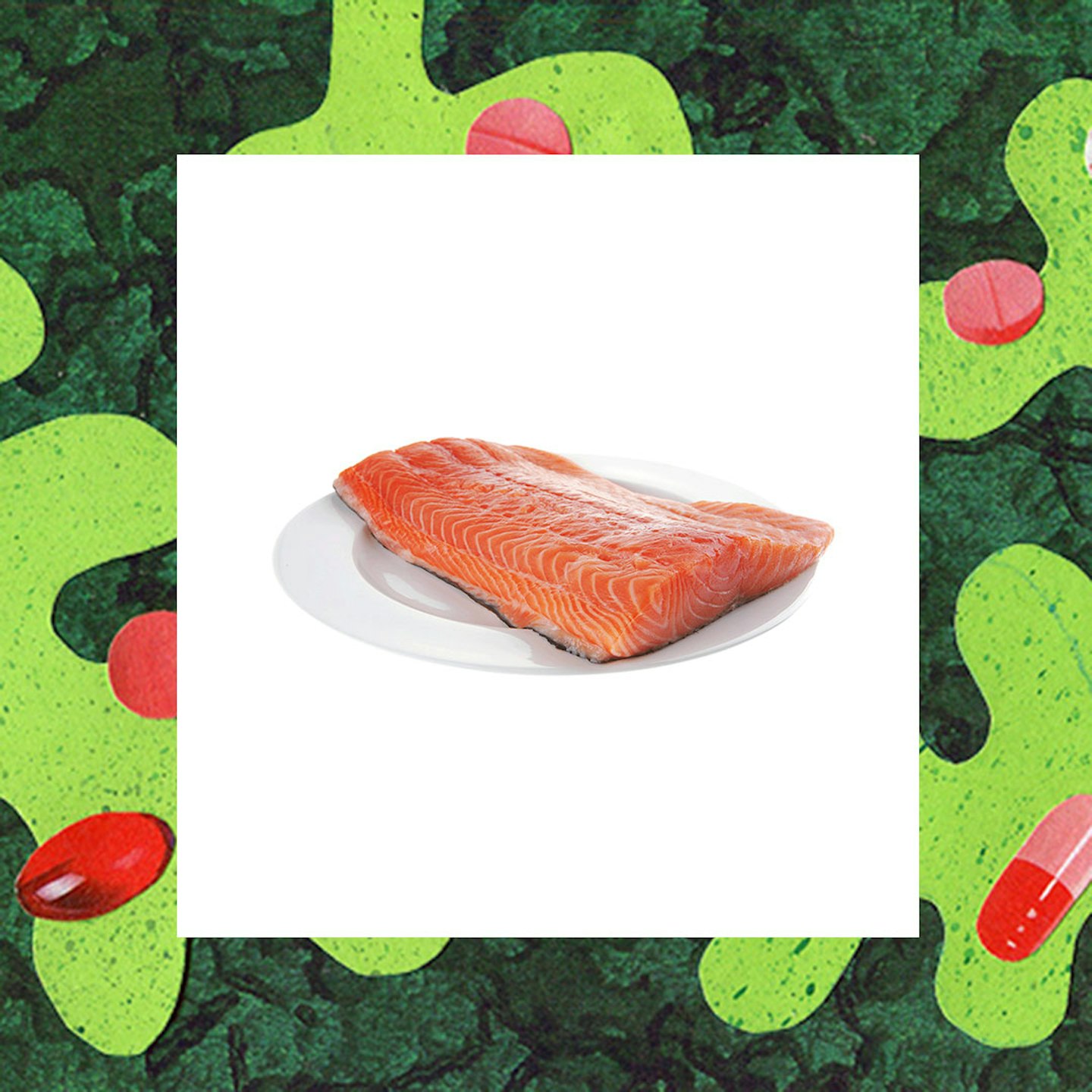 8 of 11
8 of 11B12
Vitamin B-12 and other B vitamins can play a role in producing mood-affecting brain chemicals and low levels of these may be linked to depression. If you have a poor diet and the body can not absorb enough B vits, your mood can be severely affected. Getting a blood test will determine how much of the B goodness you have in your system, and whether you need to stock up. B vitamins are found in animal products like milk, fish, meat and eggs, so if you are a vegan, you should definitely be getting your B's from dietary supplements and vitamins.
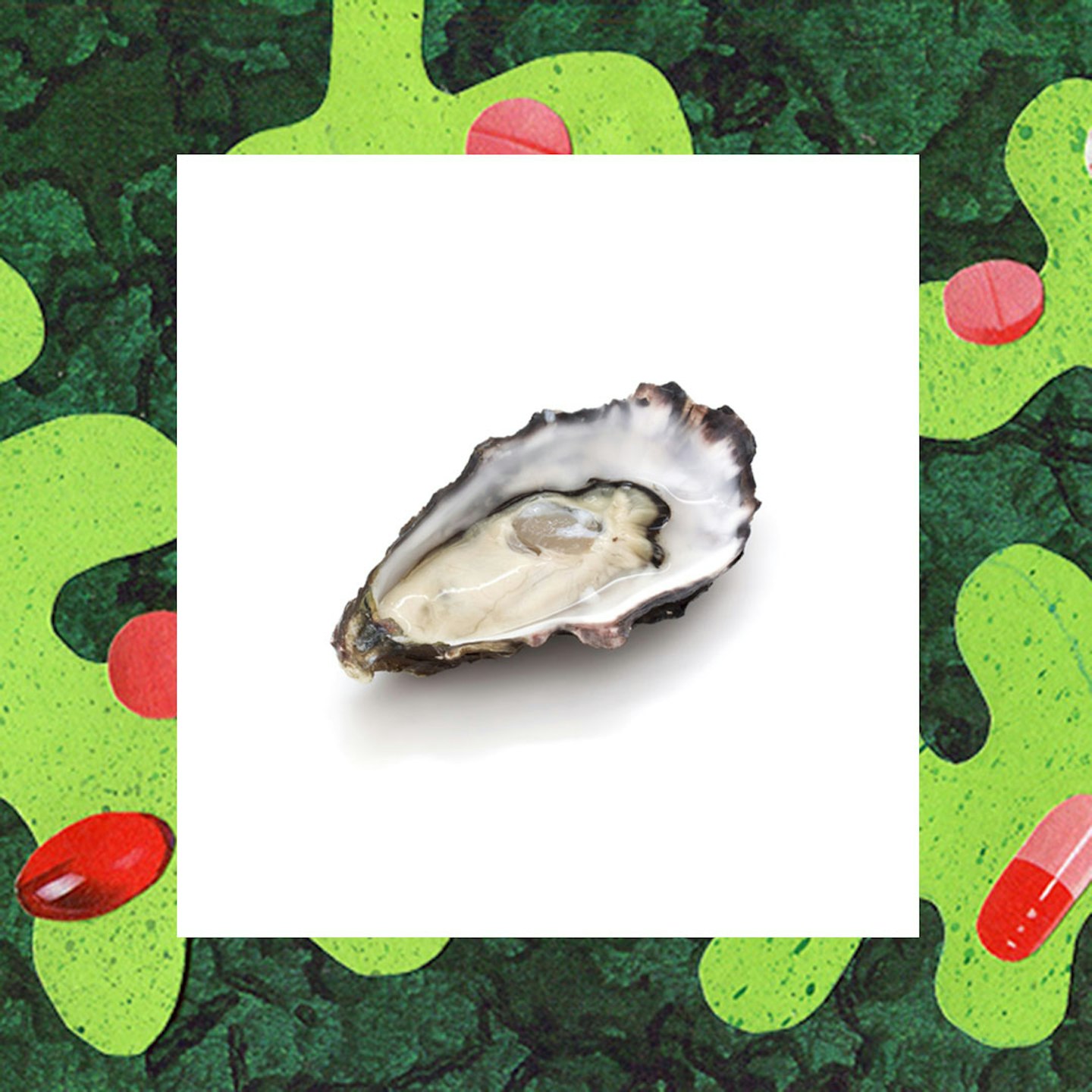 9 of 11
9 of 11Zinc
Zinc is crucial to our system as it activates our digestive enzymes breaking down food, and helps prevent food allergies, which can avert depression. It also helps our DNA to produce and repair proteins, control inflammation and boost our immune system.
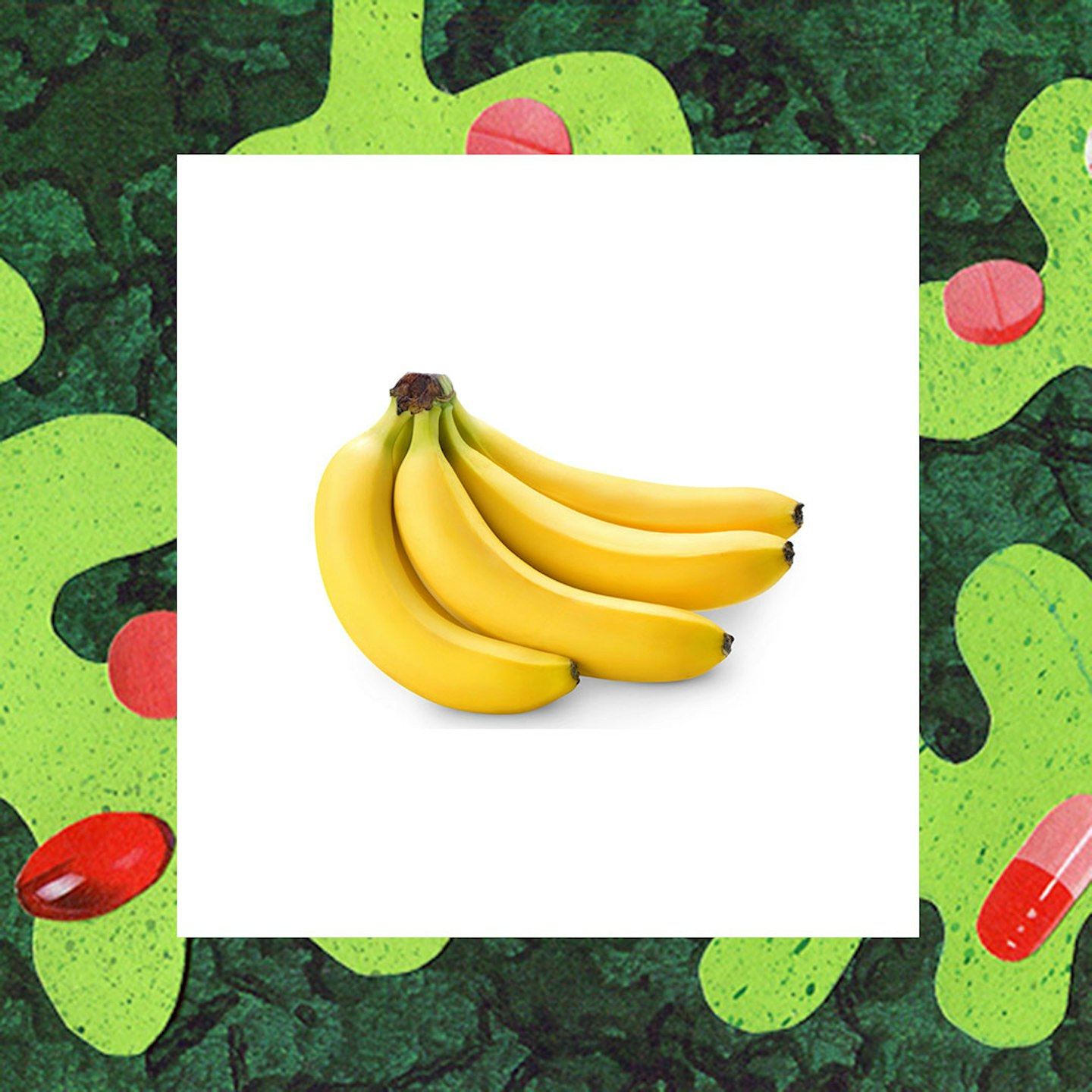 10 of 11
10 of 11Tryptophan
Tryptophan is an essential amino acid which you get through food such as bananas, tamarind, oats, sesame seeds, kiwi and watermelon. Once in the body, it converts to niacin, serotonin and melatonin. Most antidepressants work by increasing the amount of serotonin in the brain and Tryptophan helps to increase serotonin levelswithout the extreme side effects of meds.
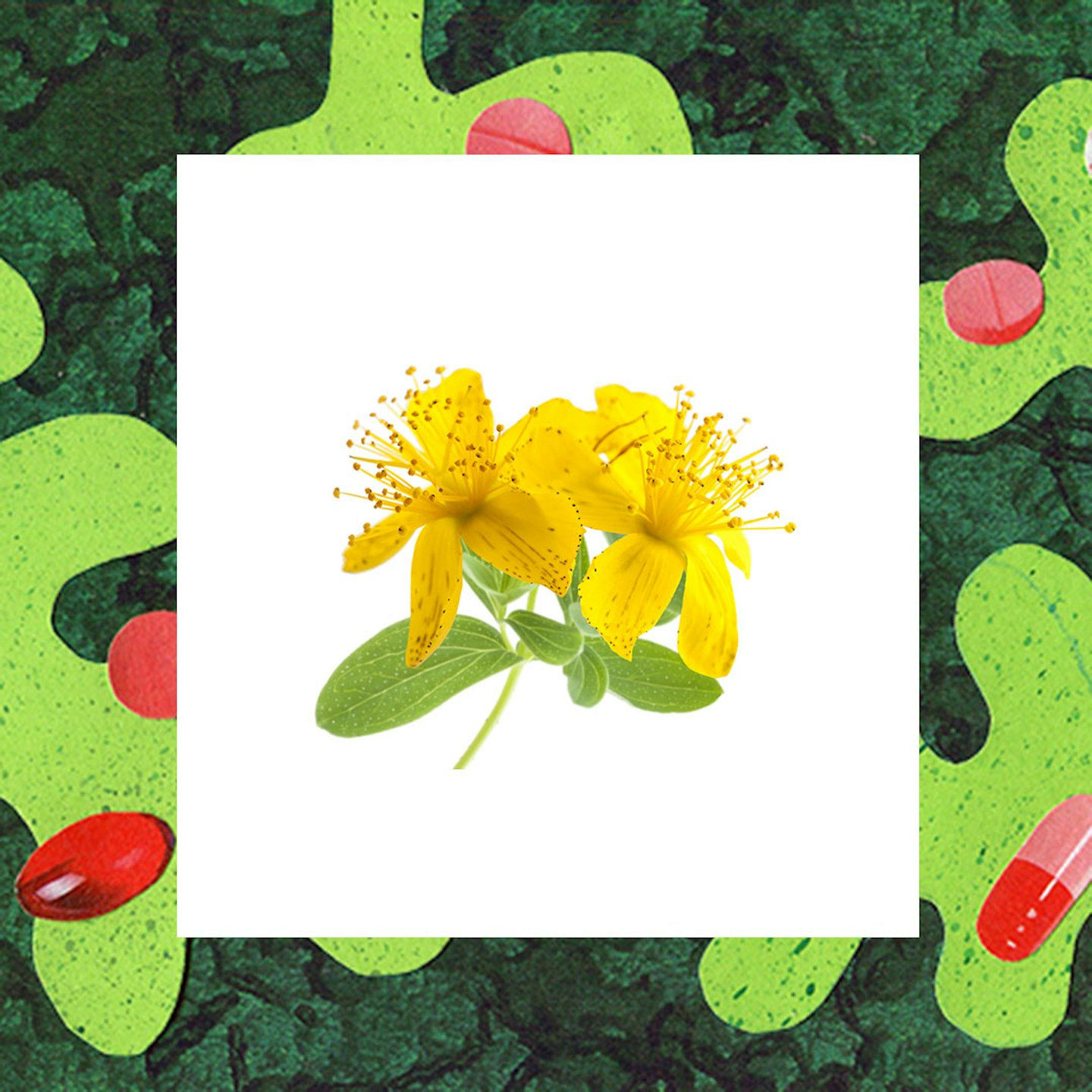 11 of 11
11 of 11St John Wort
St John's Wort has been around for yonks and is one of the most popular natural methods used for dealing with stress, anxiety and depression. It's a plant with yellow flowers. There has been some scientific evidence that St. John's wort may be helpful in treating mild depression. It's been claimed that it works just like regular antidepressants in that it inhibits the reuptake of the neurotransmitters serotonin, norepinephrine, and dopamine.
‘This report highlights a staggering deterioration in young people’s confidence in themselves and in their future,’ Nick Stace, UK Chief Executive of the Prince’s Trust, said.
‘The cliff edge decline in young people not feeling in control of their lives echoes conversations we have every day with young people who speak of their fears about finding work, taking short term jobs over longer term careers and the knock-on effect of heightened uncertainty in the economy.’
Long-term solutions are needed, but what can be done in the meantime to lift millennial moods and empower young people to learn from shortcomings and move forward? We asked a team of experts – from psychologists to business gurus – how they deal with setbacks.
Remember that feelings – like stress – aren’t permanent, Andrew Marcinko, an organisational scientist based at Aston Business School, says.
‘It’s important to remember that what we call "stress" is just like any other feeling. It’s not a permanent state or symptom of dysfunction. Rather, feelings are malleable and constantly changing, but a proactive approach is critical.
'Research indicates that approaching stress with a promotion-focus, or what some call a “growth mindset”, is essential. Focus on the things that you can control and view stressful events as a challenge rather than a threat. Keep in mind that when harnessed properly, the physiological and psychological changes associated with stress can actually increase our effectiveness in dealing with difficult situations.’
Cathy McPherson, the Client Success Director at media company The Specialist Works****, recommends looking for what she calls ‘gifts’ in among the negative debris.
‘Every difficult situation presents itself with a number of “gifts”. The art is to find those “gifts” and take full advantage of them. For example, when there is a personality clash, then the gift might be to learn tolerance and patience; adaptability to different characters and problem solving skills. One thing is for sure, that out of adversity comes clarity and calm, and knowledge and confidence for tackling the next hurdle that will inevitably come.’
Nina Jasinski, Chief Marketing Officer at top advertising company Ogilvy & Mather****, didn’t get to where she is without a few falls.
‘To succeed, you have to know how to handle the knocks, and that’s not to say they aren’t tough. Find someone to talk to that has been through a similar experience – the impact a mentor, or a colleague who has been in your shoes before can have is incredibly lasting. The best advice comes from those who have been through setbacks and come out the other end, stronger and wiser for it.’
Dr Alison Daubery, psychology and education researcher with Stagecoach Performing Arts Schools, recommends engaging in the arts to build confidence through the risk of performance and the strength of community.
‘Many describe how important it is to do something that they love, that makes them feel competent and part of a community. They embody the large body of research demonstrating the impact of building resilience through owning something we choose and feel ownership of.
'They are acutely aware of the significance of the confidence they develop that they are able to transfer to other areas of their education and lives and how this helps them to deal with challenges inevitably thrown at them.’
Jane Prescott, is the headmistress at Portsmouth High School for girls.
‘We encourage girls to take risks every single day at school, so they learn and build their confidence and resilience inside and outside the classroom,’ she says. Her tips include not being ‘put off by criticism’, not to see challenges as ‘competition measured against others’ and not to be beaten by mistakes.
‘ Take opportunities as they present even if it means facing a fear.’
Vicki Field is the HR Director of London Doctors Clinic, where she’s been working on ways to help younger employees gain confidence and experience to progress in their careers with the company.
‘When a setback first happens it can be emotional, and that’s not the time to make decisions. So when you feel a bit calmer, take a look at the setback, talk about it with a friend or colleague and put some practical actions in place to move onwards and upwards, whether that is writing down your learnings or coming up with an action plan to resolve the situation.’
Therapist Uxshely Chotai at The Food Psychology Clinic****, has a clever reframing trick to add to your coping arsenal:
‘One of the types of therapy that I often use is CBT (or cognitive behavioural therapy) and this highlights that between an activating event (for example a professional setback) and a consequence (for example, feeling bad because of the setback), is a limiting belief (such as a belief that the setback will ruin my career).
‘If instead you were to change that belief and try and focus on what you could learn from the situation or any new opportunities or challenges the set-back may provide, you are not likely to feel so bad when dealing with set-backs.
‘CBT teaches that we have power to influence our thoughts and in turn our emotions. By re-framing the set-back as something more positive or an opportunity you can directly change how you feel about the set-back.’
And remember – life isn’t all that bad.
‘Another useful tool when dealing with a setback or difficult situation is to remember the other positive things going on in your life,’ Uxshely continues. ‘Whilst one thing may have gone wrong, you could still have great friends or a great family or hobbies that you enjoy. Allowing yourself to still celebrate the great things that you have going for you even though you are facing one set-back, will really make that one set-back seem much more manageable.
This article originally appeared on The Debrief.
